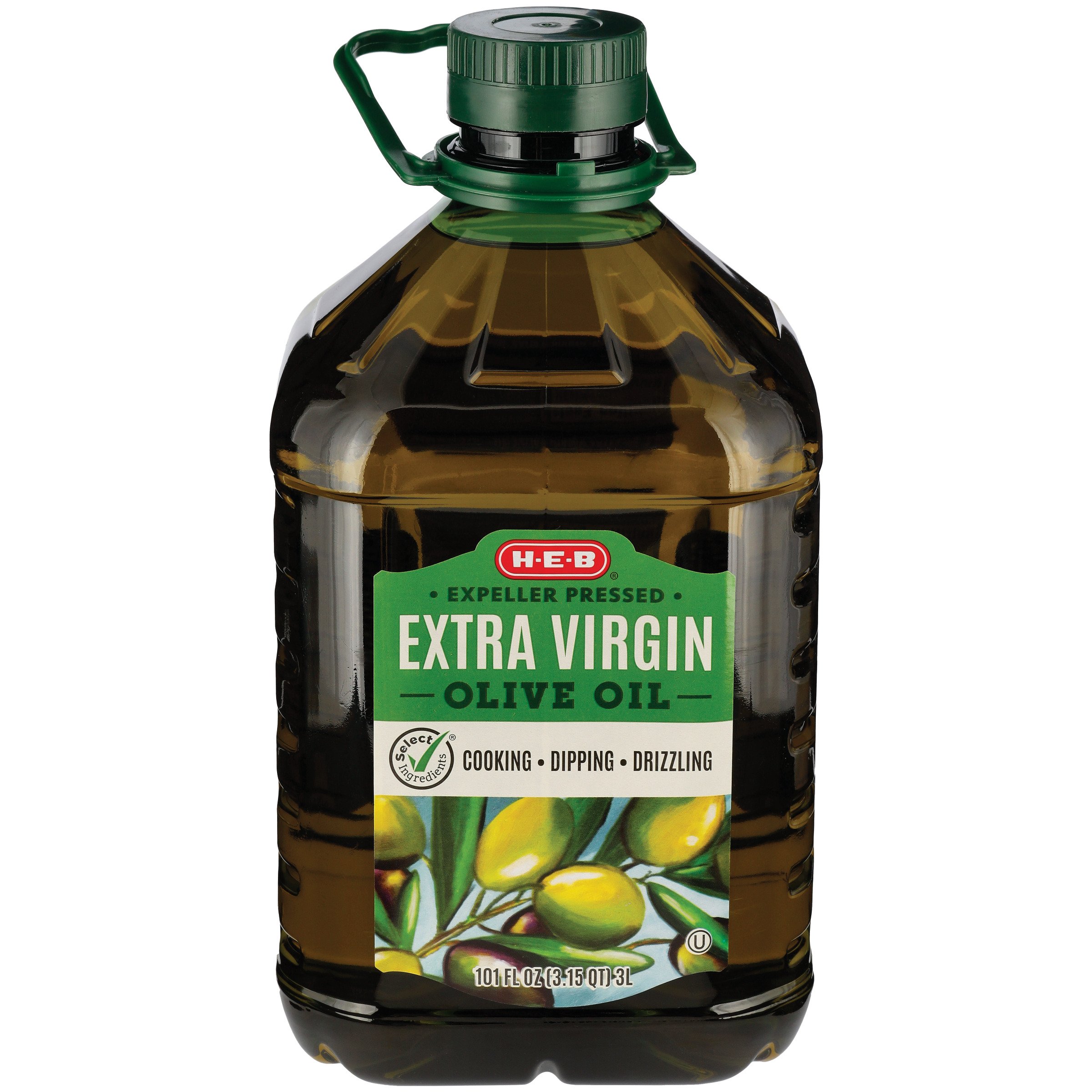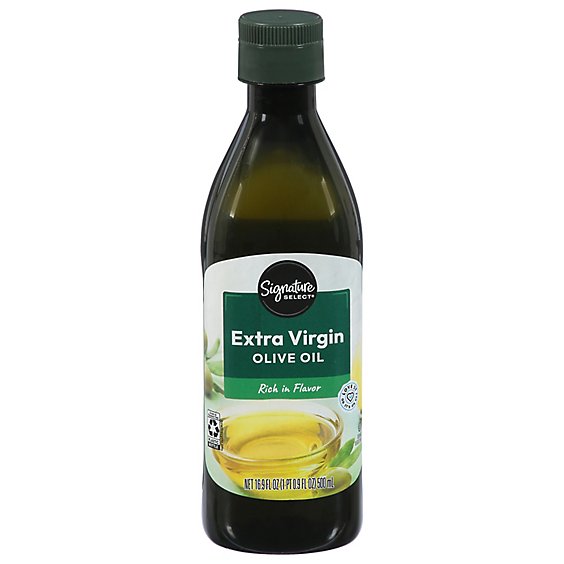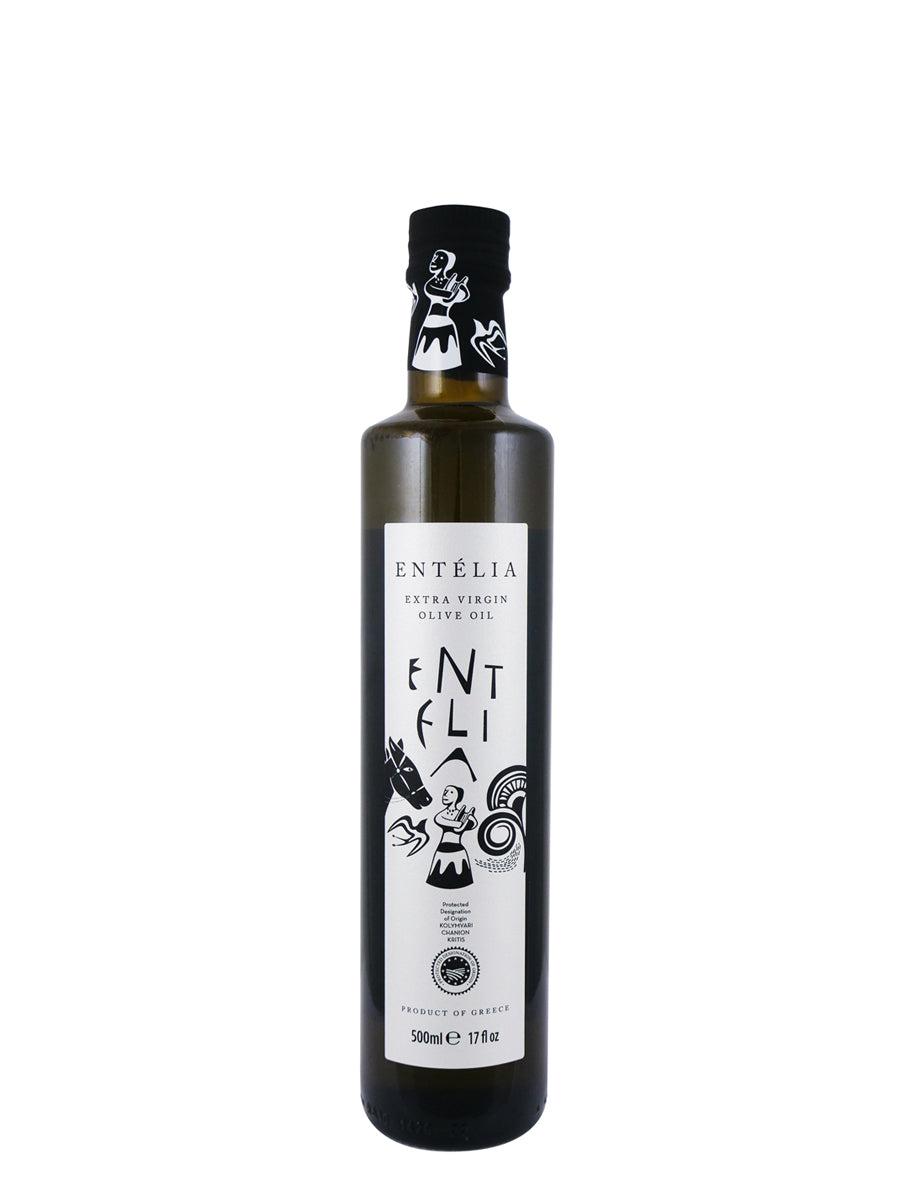Exploring the Various Types of Olive Oil and Their Uses, Consisting Of Bonus Virgin Olive Oil
The exploration of olive oil includes a varied variety of types, each offering cooking applications and distinct tastes. Extra virgin olive oil, renowned for its premium high quality and health advantages, works as a staple in many kitchen areas, yet it is only one element of this multifaceted active ingredient. extra virgin olive oil benefits. Other varieties, such as pure and polished olive oils, also necessitate interest for their one-of-a-kind residential properties and uses. Comprehending these differences can substantially impact both cooking strategies and flavor profiles. What, after that, should one consider when choosing the right olive oil for a particular cooking endeavor?
What Is Olive Oil?
Acquired from the fruit of the olive tree, olive oil is a staple in Mediterranean food and a key ingredient in different cooking applications. This functional oil is generated by pressing whole olives, leading to a liquid that differs in taste, shade, and fragrance relying on the kind of olives made use of, the area of farming, and the removal procedure. Olive oil is predominantly made up of monounsaturated fats, particularly oleic acid, which is known for its potential health benefits, including anti-inflammatory residential or commercial properties and cardiovascular support.
In addition to its cooking usages, olive oil has a lengthy background of application in standard medicine and skin care, owing to its abundant antioxidant material (extra virgin olive oil benefits). The oil is commonly utilized in dressings, marinates, and for cooking techniques such as sautéing and roasting. Its distinct flavor account can boost the preference of different dishes, making it a vital component for both home cooks and professional cooks
Moreover, olive oil is celebrated for its role in the Mediterranean diet, which is connected with numerous health and wellness benefits. As recognition of these benefits grows, olive oil continues to obtain appeal worldwide as an essential component of a healthy and balanced way of life.
Kinds Of Olive Oil
Understanding the numerous sorts of olive oil is essential for both cooking enthusiasts and health-conscious customers. Olive oil is categorized primarily based upon its removal technique and top quality, which substantially affects its taste, health, and scent benefits.

Light olive oil, despite its name, describes a lighter flavor and not lower calories. It is ideal for those looking for a much more subtle preference in marinates and dressings. Additionally, there are flavorful olive oils infused with herbs, seasonings, or citrus, which can improve dishes without the demand for extra seasoning.
Each kind of olive oil serves details cooking purposes, and recognizing these differences allows customers to make informed options that line up with their food preparation designs and health and wellness goals.
Bonus Virgin Olive Oil
Extra virgin olive oil (EVOO) is extensively considered the best quality olive oil offered, celebrated for its rich taste and various wellness benefits. To be identified as extra virgin, the oil has to be browse this site produced from fresh olives making use of mechanical processes, without the usage of solvents or too much warm. This careful approach preserves the oil's natural tastes, antioxidants, and healthy fats, causing a product with a reduced level of acidity level of less than 0.8%.
EVOO is bountiful in monounsaturated fats, particularly oleic acid, which is linked to lowered inflammation and enhanced heart wellness. It also includes polyphenols, effective anti-oxidants that may provide safety results against chronic illness. The taste profile of EVOO can vary substantially relying on the olive variety and region of production, varying from fruity and verdant to robust and peppery.

Culinary Use Olive Oil

In food preparation, olive oil can be made use of for sautéing, toasting, and barbecuing, offering a healthier alternative to butter or other fats. Its high smoke factor makes it ideal for different cooking techniques, while its antioxidants contribute to a heart-healthy diet regimen. Showering olive oil over completed dishes, such as pasta, fish, or grilled veggies, can raise flavors and add a touch of elegance.
Moreover, olive oil plays a considerable role in baking, where it can change standard fats in recipes for bread and breads, giving moisture and a refined preference. It also functions as a base for instilled oils, enabling cooks to explore flavors such as garlic, natural herbs, or chili, additionally broadening its cooking capacity. In general, olive oil's versatility makes it crucial in both home and expert kitchens.
Finding High Quality Olive Oil
When picking high quality olive oil, it's necessary to take into consideration numerous essential factors that affect the item's wellness, flavor, and aroma advantages. Opt for additional virgin olive oil (EVOO), which is acquired from the first chilly pushing of olives and contains the highest degrees of anti-oxidants and beneficial compounds. Try to find oils that are licensed by recognized organizations, as this commonly ensures adherence to strict high quality criteria.
The product packaging also plays a significant function in protecting the oil's honesty. Pick oils stored in dark glass bottles or tins to safeguard against light deterioration. Take note of the harvest day; fresher oils supply superior flavor and nutritional value, so choose items that are within 18 months of their harvest.
Be aware of the preference; a great high quality olive oil ought to have a balance of fruity, bitter, and sharp notes, showing its richness and complexity. By evaluating these variables, you can guarantee you are selecting the best olive oil for your culinary needs.
Verdict
In recap, the exploration of various sorts of olive oil exposes distinct features and applications, with added virgin olive oil standing for the peak of high quality due to its reduced acidity and high antioxidant content. Its convenience in culinary usages improves flavors in dressings, sauces, and drizzles. Recognizing the different varieties of olive oil enables informed selections in cooking approaches, promoting much healthier methods while improving the general gastronomic experience. Quality option stays essential for optimum benefits.
Derived from the fruit of the olive tree, olive oil is a staple in Mediterranean cuisine and a vital ingredient in different cooking applications.The most usual types of olive oil include fine-tuned olive oil, pure olive oil, and light olive oil.Bonus virgin olive oil (EVOO) is widely related to as the highest possible quality olive oil available, renowned for its abundant taste and numerous health benefits. Choose for added virgin olive oil (EVOO), which is acquired from the first cold pressing of olives and consists of the highest possible degrees of anti-oxidants and beneficial compounds.In summary, the exploration of different types of olive oil exposes distinctive features and applications, with added virgin olive oil standing for the peak of quality due to its low acidity and high antioxidant web content.
Comments on “Extra Virgin Olive Oil Benefits: A Natural Way to Reduce Inflammation”